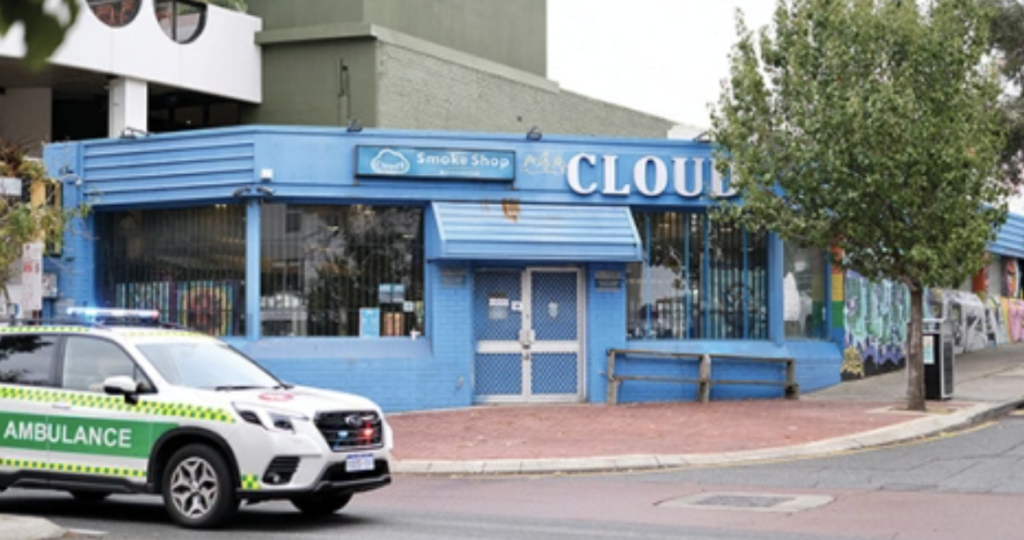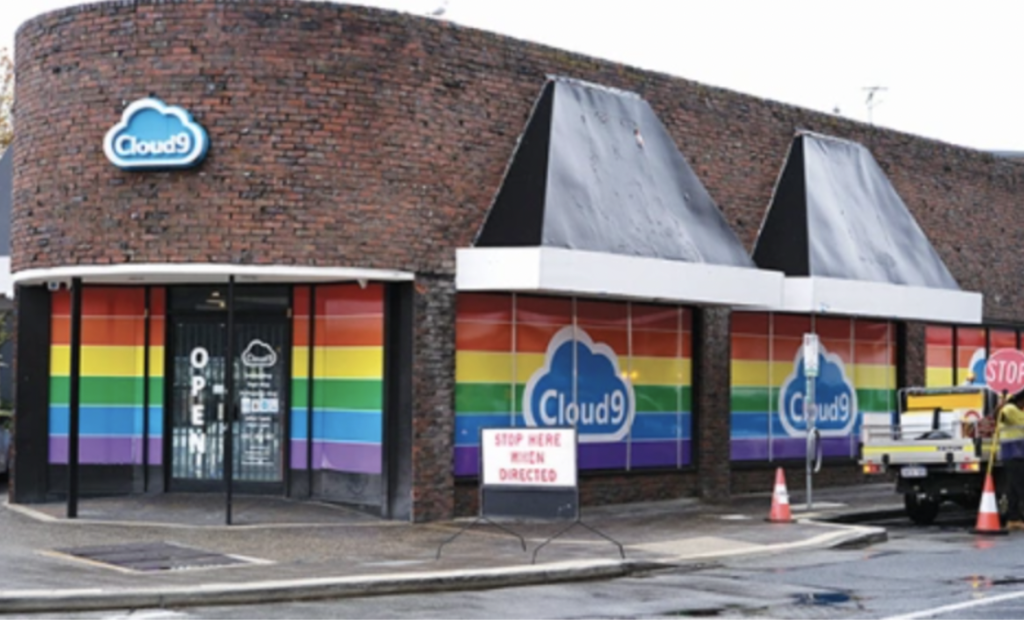Published June 2024
The number of 18-to-24-year-olds who vape daily has skyrocketed from 5 per cent in 2019 to 21 per cent in 2024, while 7 per cent of adults vape daily, a nearly three-fold increase since 2019.
Vaping products can contain over 200 chemicals, including cancer-causing carcinogens.
Additionally, vapes with nicotine, especially in high doses, are detrimental to brain development. A single vape can have as much nicotine as 10 packets of cigarettes.
Action
Previous tobacco research has shown that the proximity of tobacco retailers to schools or homes can influence smoking behaviours, and similar relationships have been reported for e-cigarettes.
University of Notre Dame applied statistician Matthew Tuson was lead author of a recent study into vaping in Western Australia.

Epidemic
“We decided to undertake research to contribute to the movement counteracting the vaping epidemic in Australia, which is a big problem facing students, parents, teachers, and communities,” Dr Tuson said.
“We are all members of these communities, and some of us are parents.”
The study reveals that nine in ten vape shops were less than one kilometre from schools. For example, St Patrick’s Primary School in Fremantle had two vape stores within 200 metres.
The study identified that there is no public registry of vape stores in WA, unlike tobacco retailers, who have to be licensed.
The identification of 159 vape stores in Perth represents an increase of over 120 per cent in just under 3.5 years.
This is despite it currently being illegal in WA under the Tobacco Products Control Act 2006 (WA) to sell any food, toy, or other product that is not a tobacco product but is designed to resemble a tobacco product or package.

Credit: Jens Kirsch
In May 2022, the WA Department of Health publicly stated it had “put 3,000 retailers on notice reminding them of the ongoing restrictions regarding the sale of e-cigarette devices and vaporiser nicotine products under WA’s Tobacco Products Control Act 2006 and Medicines and Poisons Act 2014.”
In June 2023, in response to a question on notice, WA Minister for Police Paul Papalia confirmed that, between 2019 and May 17, 2023, only 12 individuals and/or entities were successfully prosecuted for “offences relating to the sale, supply or possession of e-cigarette devices and/or their components or vaping products containing nicotine”.
The findings also indicate that the overall availability of e-cigarette products and the rise in vaping prevalence in WA and Australia more broadly is underestimated, partly driven by the online market and sales facilitated by social media.
To curb access to non-prescription vaping products, proposed legislative reforms in Australia must prioritise visible enforcement to deter retailers and suppliers outside the pharmacy sector.
Keep Smoking History
Cancer Council WA Make Smoking History manager Libby Jardine says there have been positive steps towards preventing children from living in close proximity to vaping shops.
“The good news is that this year the Federal government has commenced a suite of reforms to reduce children and young people’s access to e-cigarettes (vapes). A national approach will ensure consistency in compliance and enforcement,” Ms Jardine said.
“The Vaping Reforms Bill 2024 is currently before the Australian Senate and will be voted on this month. The Bill aims to address the growing risk posed by vaping, particularly to children and young people.”
The aim is to end the supply of vapes entering the market.
“If passed, the Bill will put an end date on the import, manufacture, supply, and commercial possession of non-therapeutic disposable vapes in Australia (regardless of nicotine content). This means vape stores are on notice – they will likely have to close or change their business model entirely.
“It is important to note that many businesses have been operating illegally as it has never been legal in Australia to sell nicotine vaping products in the general retail market.”
Smokers relying on vapes medically will still have access to clinically appropriate vapes, Ms Jardine said.
“The Bill will preserve legitimate access to therapeutic vapes where clinically appropriate, and pharmacists and medical/nurse practitioners will be able to supply therapeutic vapes for smoking cessation or to manage nicotine dependence.
“The WA Government has a critical role to play in this regard. If passed, the Bill enhances the compliance and enforcement powers of state officers and facilitates information sharing with the states.”
For any queries, please get in touch.